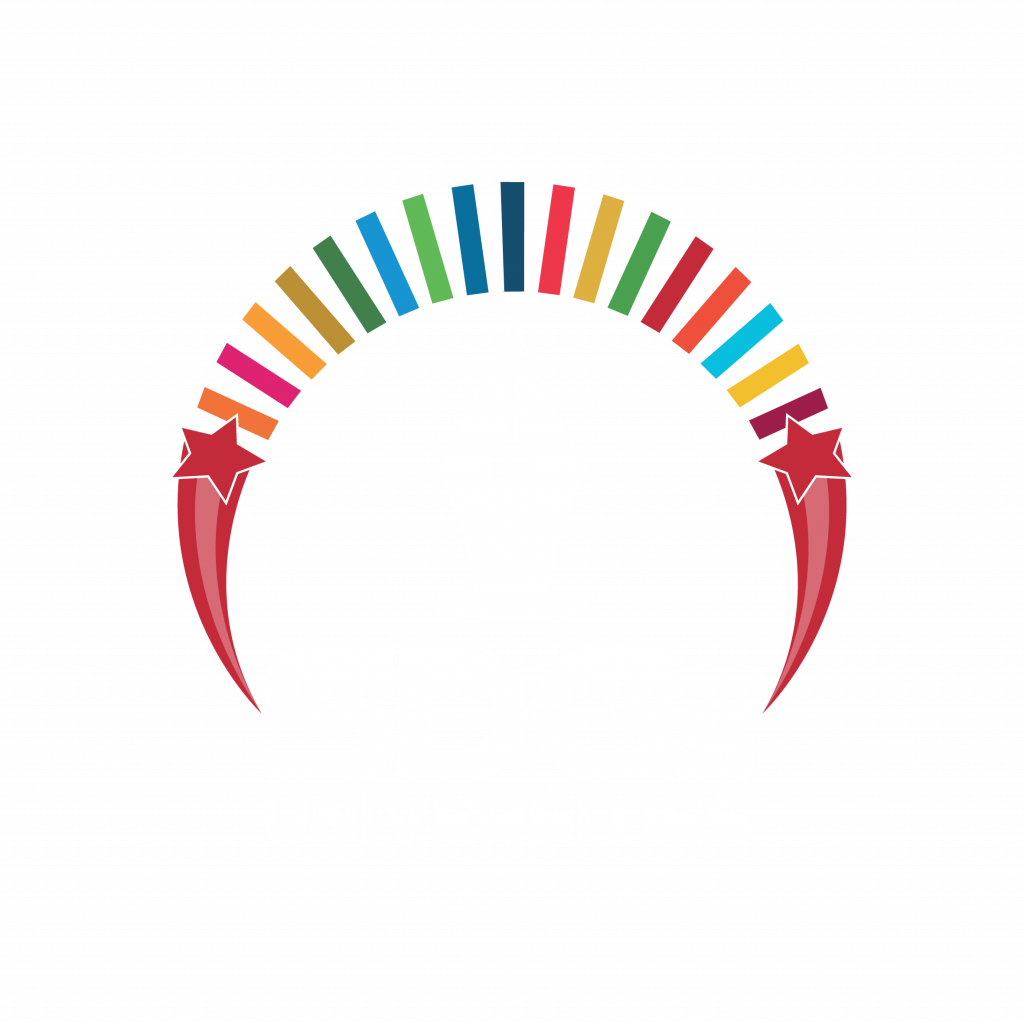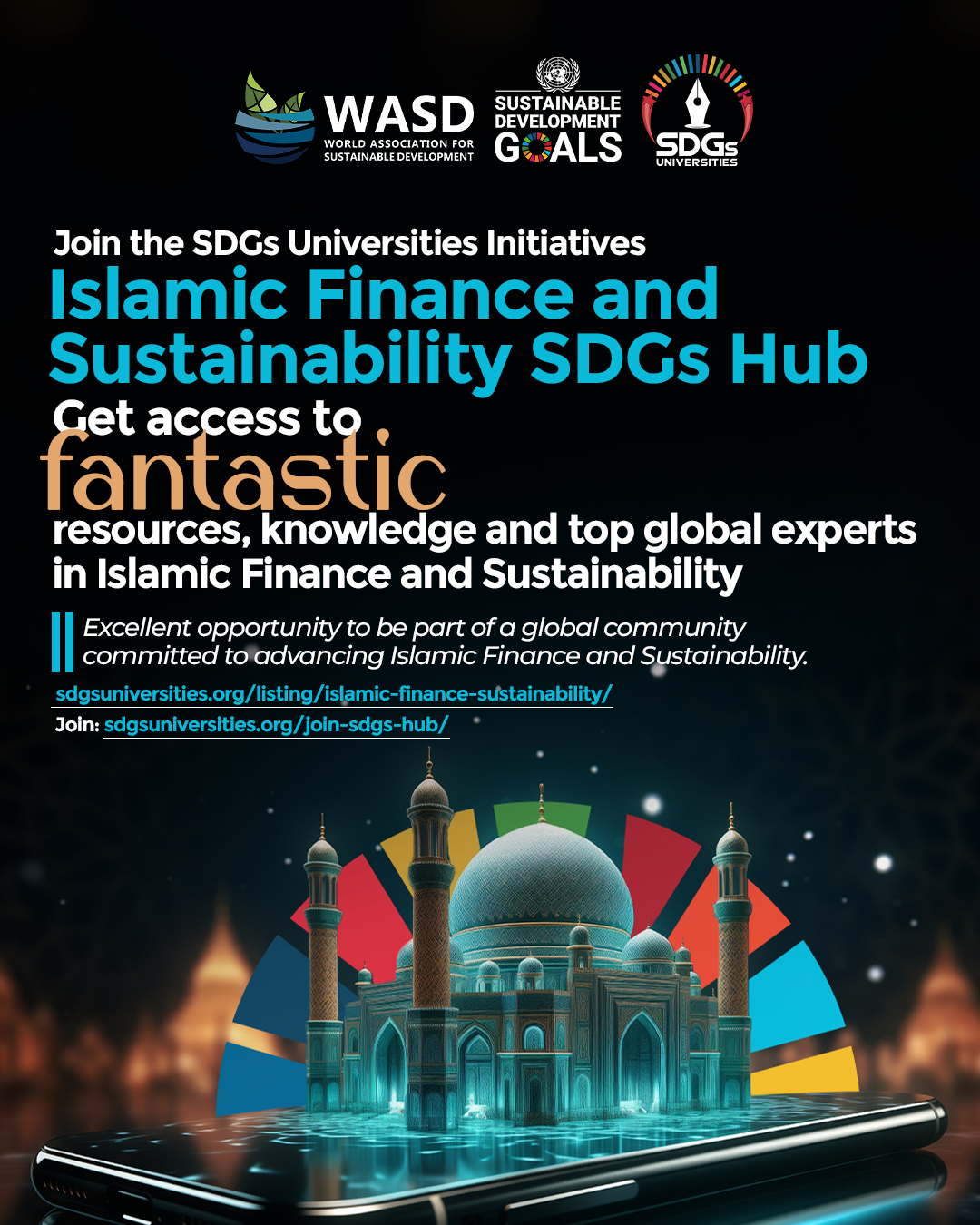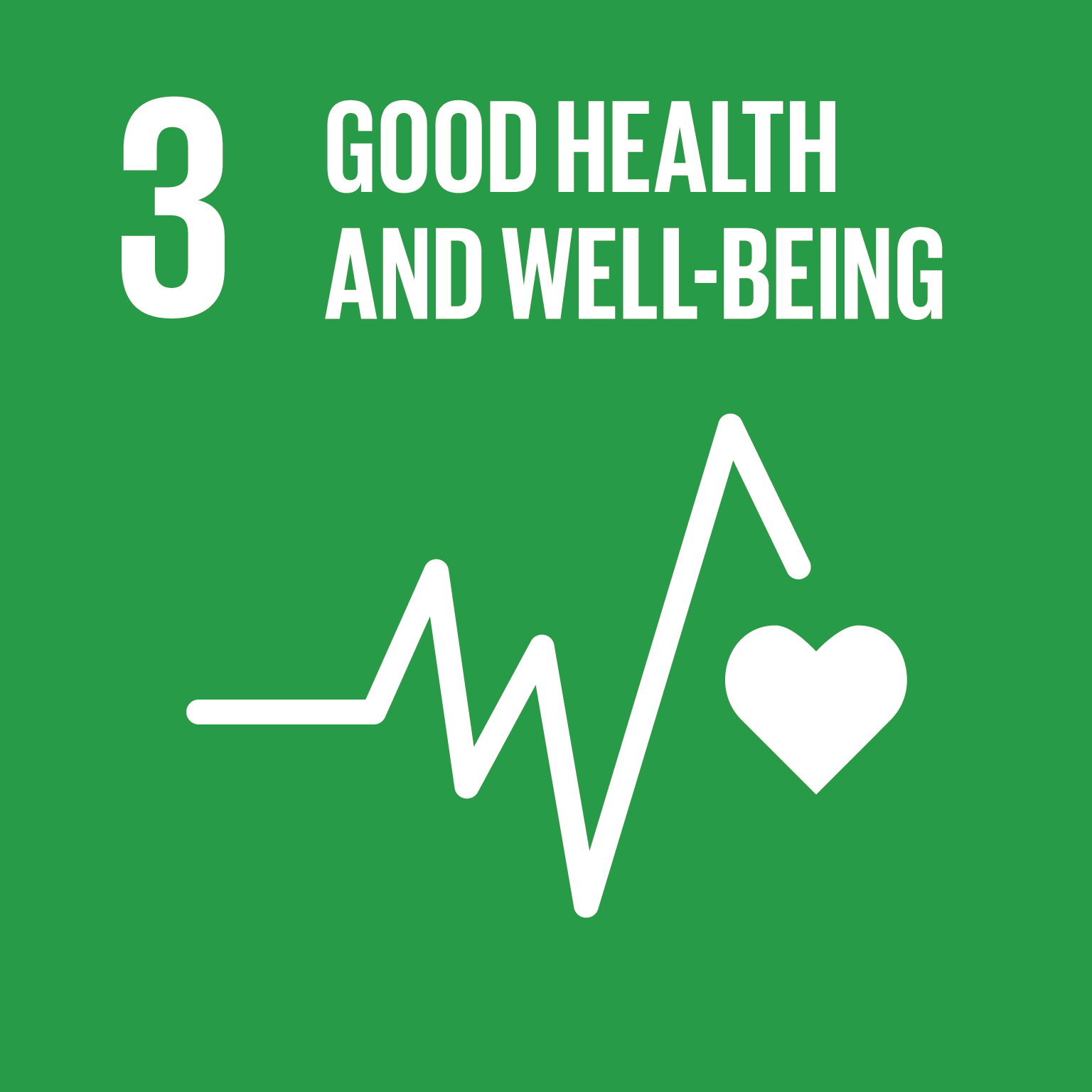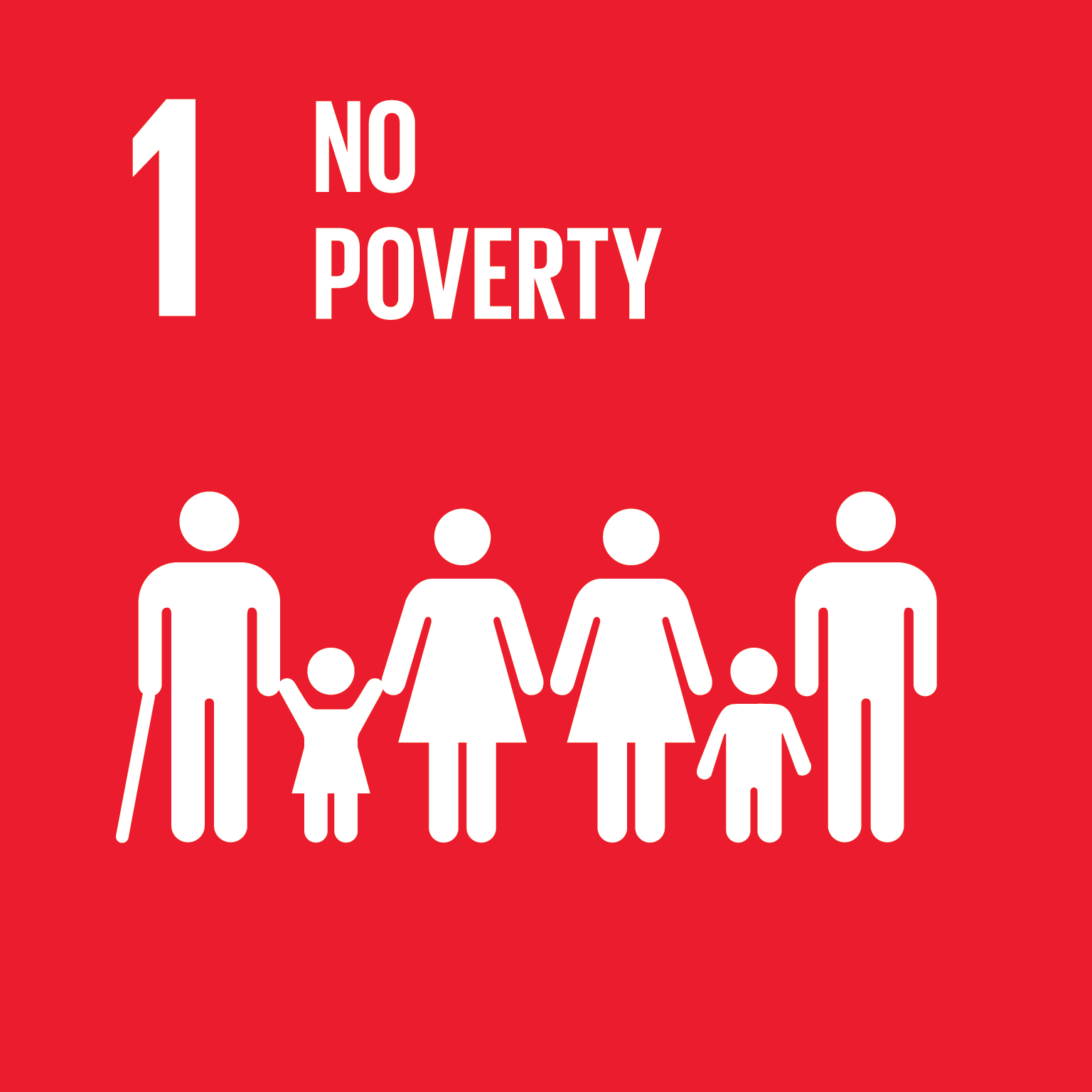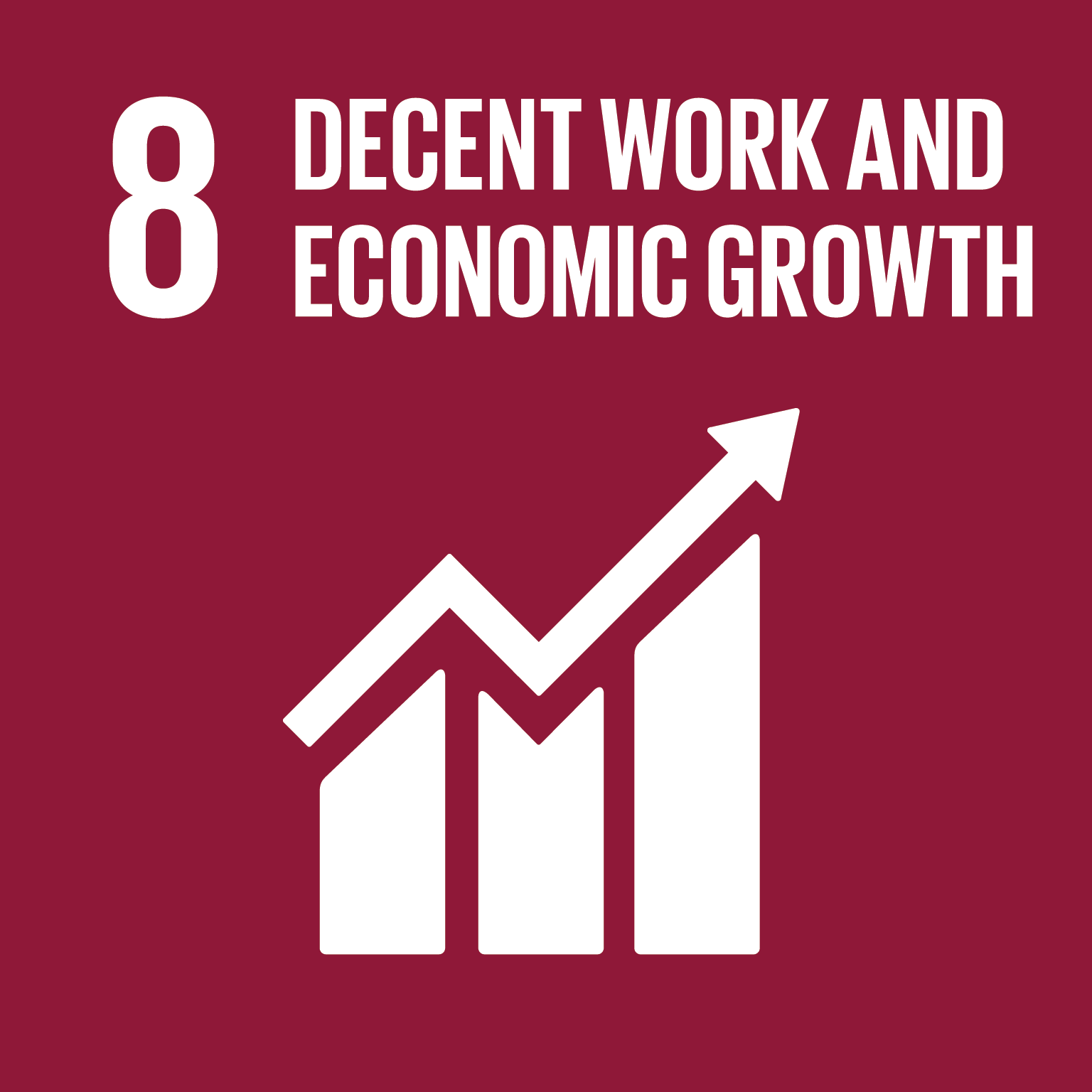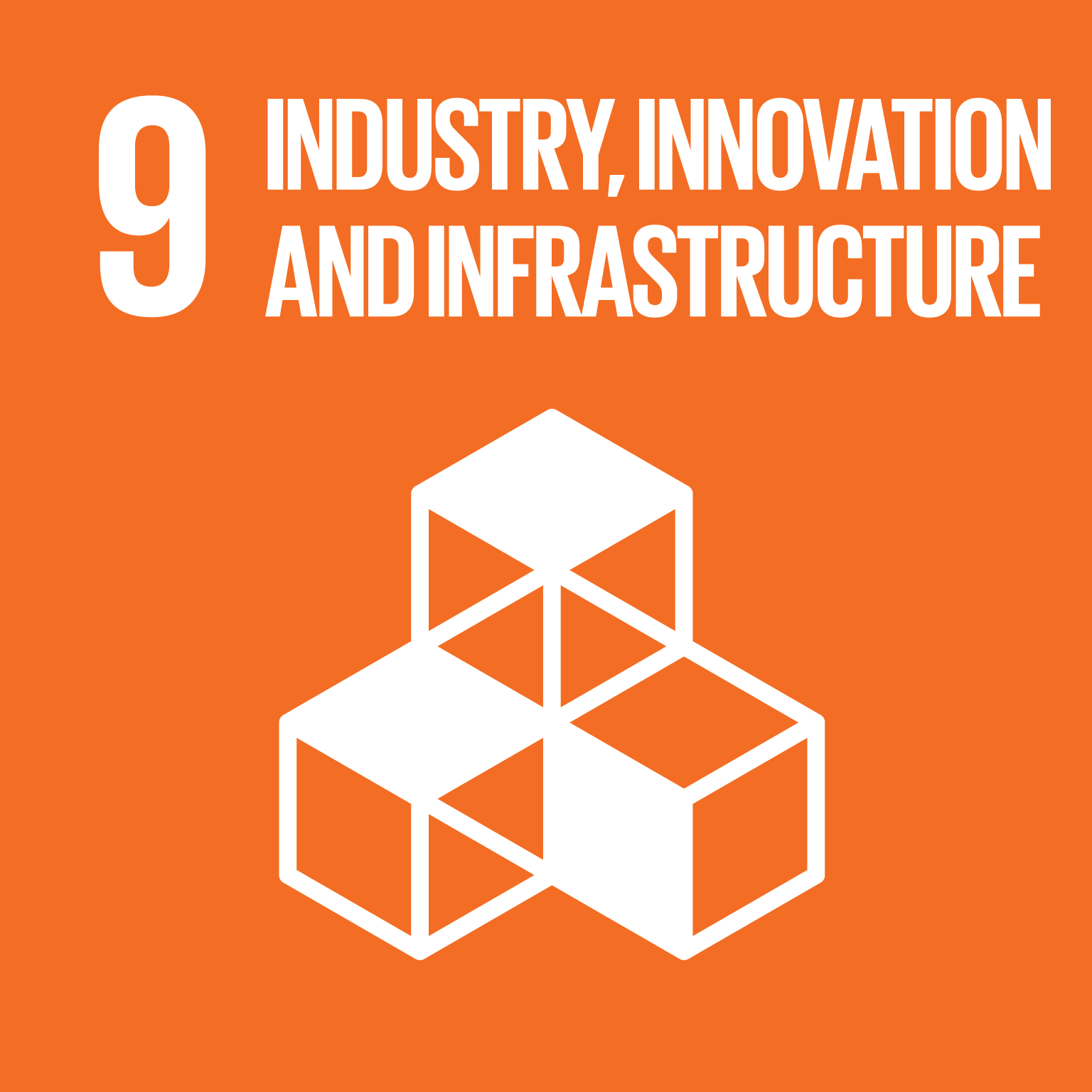The theme "Islamic Finance and Sustainability" explores the relationship between Islamic finance and the concept of sustainability. This research Hub explores how Islamic finance, based on its principles and values, promotes the realisation of Sustainable Development Goals (SDGs) in economic, social and environmental aspects.
In the fields of teaching and research, the "Innovations in Islamic Finance" can be enhanced through the SDG university platform in the following aspects.
Integrate with SDG Courses: Design courses that blend Islamic finance innovations with SDG goals. For example, create courses like "Islamic Finance and Sustainable Development Goals", elaborating on how Islamic finance instruments such as green sukuk can contribute to environmental sustainability (SDG 13).
Case Study Courses: Develop case study courses centered around successful applications of Islamic finance innovations globally. Students can analyze the cases of Malaysia's Value - Based Intermediation and understand its impact on the economy, community and environment.
Lectures by Practitioners: Invite industry practitioners and experts in Islamic finance to give lectures. They can share their practical experiences and the latest industry trends, helping students bridge the gap between theory and practice.
University - Industry Collaboration: The SDG university platform can serve as a bridge to foster cooperation between universities and Islamic financial institutions. They can jointly conduct research on topics like the application of fintech in Islamic finance and its impact on financial inclusion.
Multidisciplinary Research Teams: Form multidisciplinary research teams consisting of scholars from finance, economics, sociology, and environmental science. They can conduct in - depth research on the complex issues at the intersection of Islamic finance and SDGs.
Group Discussions and Projects: Organize students into groups to discuss and conduct projects related to Islamic finance and SDGs. For example, they can work on projects about designing Islamic finance solutions for a specific SDG in a certain region.
Funding Support: The SDG university platform can set up special research funds to support innovative research projects in Islamic finance. This encourages researchers to explore new areas and solutions.
Publication and Dissemination: The platform can help researchers publish their findings in high - quality academic journals and provide channels for presenting and promoting research results, increasing the influence of Islamic finance research.
Academic Awards: Establish academic awards to recognize and reward outstanding research achievements in the field of Islamic finance and SDGs, motivating researchers to strive for excellence.
